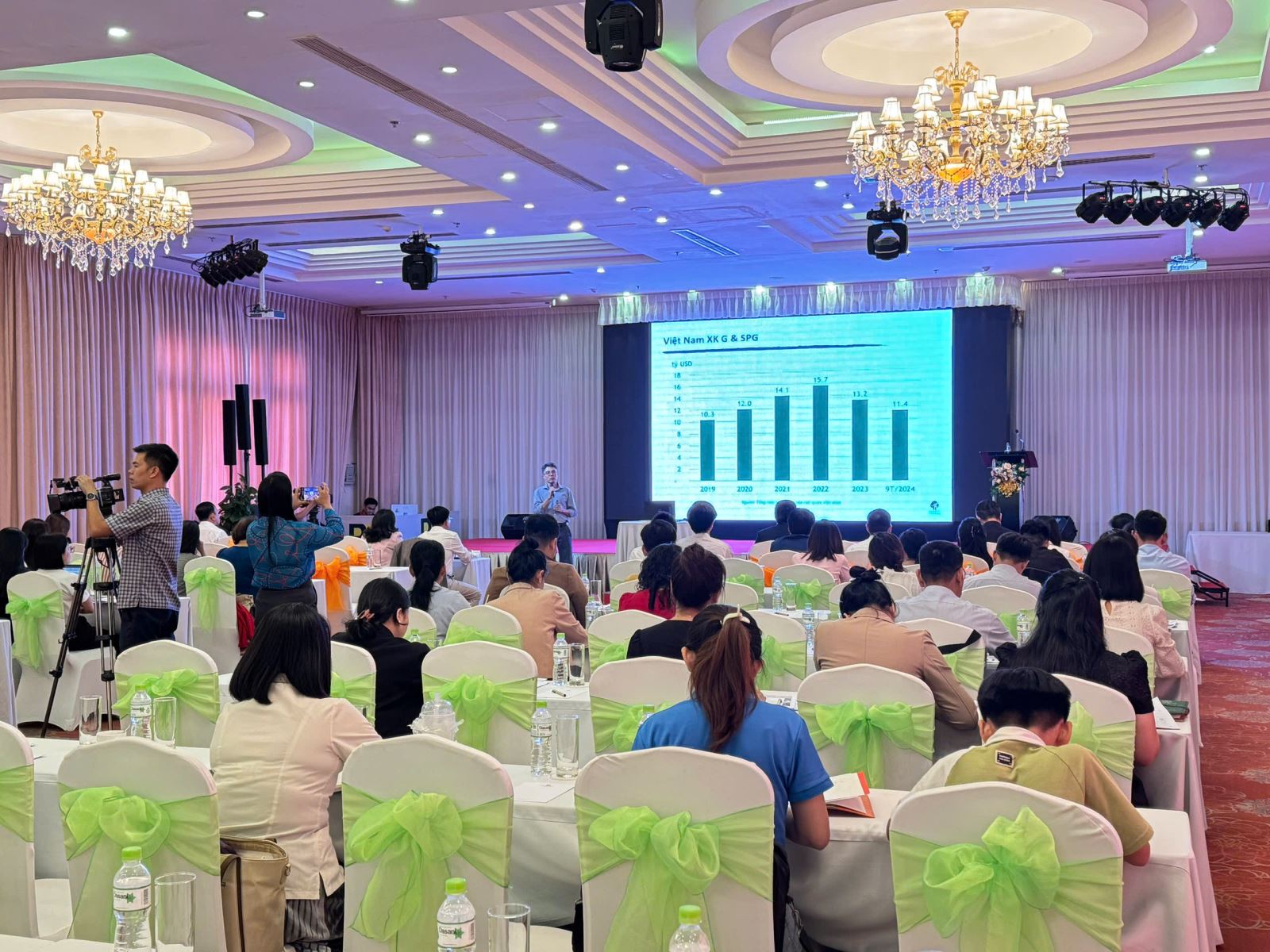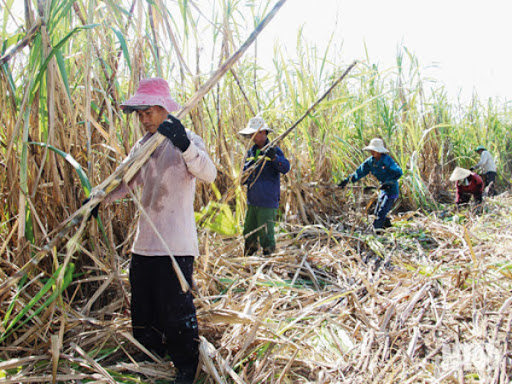Workshop on assessing and forecasting the risk of tax evasion for trade remedies that Vietnam is applying
In recent years, with the implementation of the policy of proactive international economic integration, Vietnam has been increasingly going into depth, especially in signing important free trade agreements with many major trade partners. This has brought both opportunities and great challenges for Vietnam in exporting goods abroad, while still developing and protecting domestic economic sectors. Therefore, in recent years, the field of trade remedies (TDF), especially the issue of TDF tax evasion, has been increasingly concerned and focused on, becoming one of the goals to protect and develop domestic manufacturing sectors. In order to assess and make recommendations to support domestic enterprises, on December 25 and 26, 2024, in Binh Duong province, the Trade Remedies Authority organized a workshop focusing on the topic of assessing and forecasting the risk of tax evasion for trade remedies measures that Vietnam is applying.
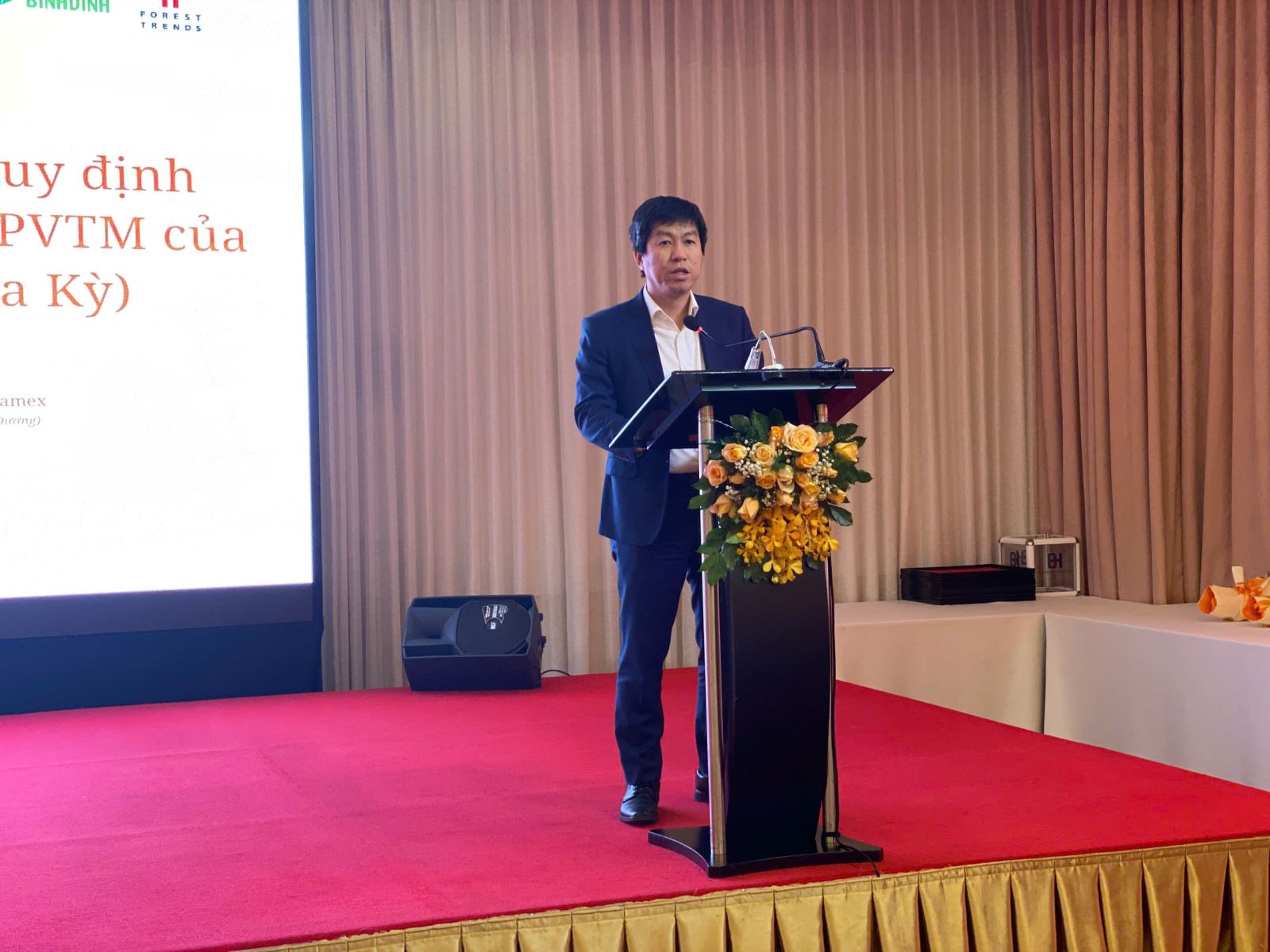
Attending the workshop were representatives of the Trade Remedies Authority and reporters from the Trade Remedies Authority. In addition, there were leaders of departments and branches of Binh Duong province, representatives of industry associations, along with representatives of domestic import and production enterprises.
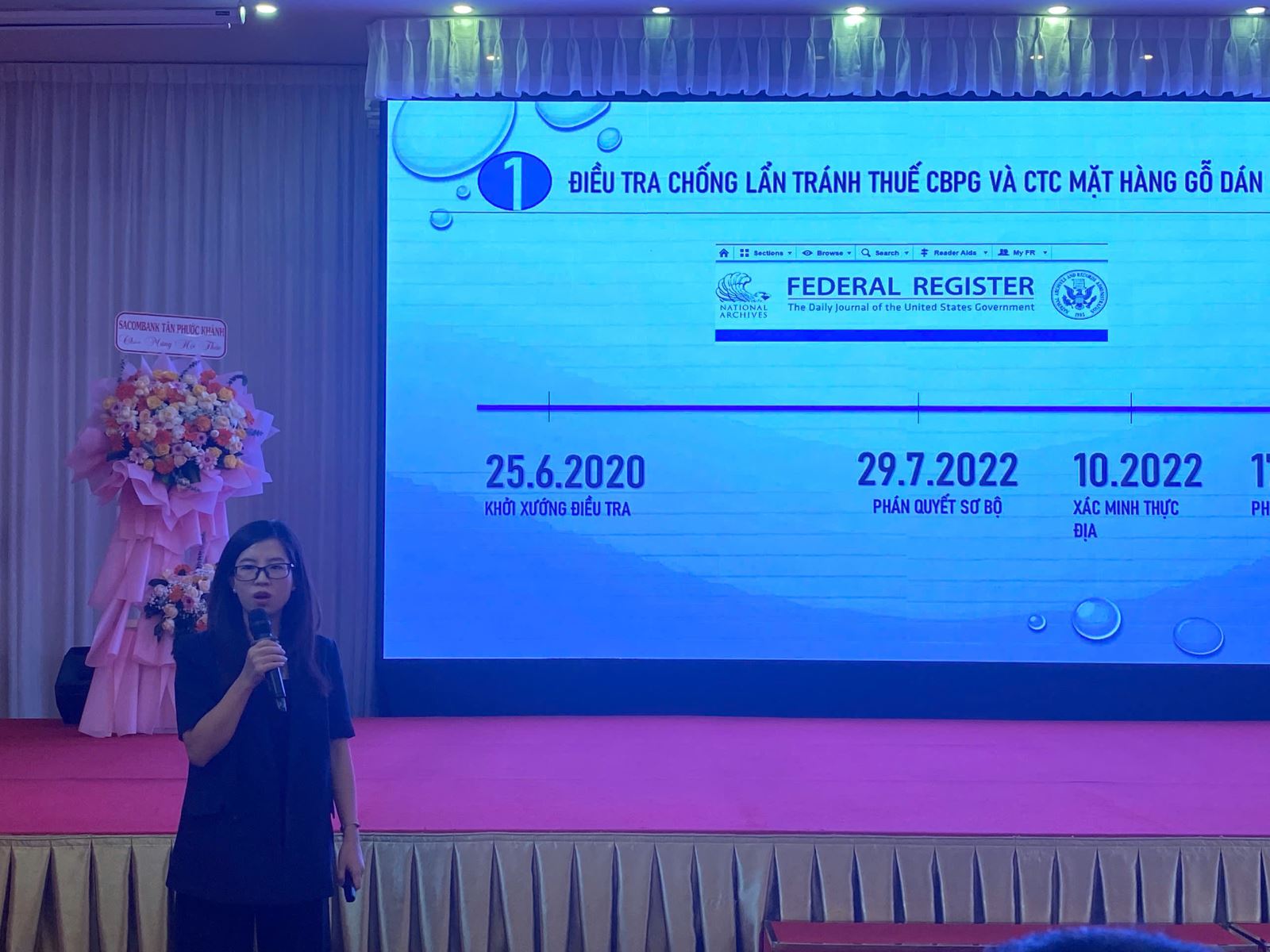
The workshop focused on issues that businesses are currently interested in, such as: regulations related to trade remedies in general and anti-tax evasion measures in particular; guidance for Vietnamese businesses on how to effectively use trade remedies tools; as well as the socio-economic impacts of trade remedies investigation cases.
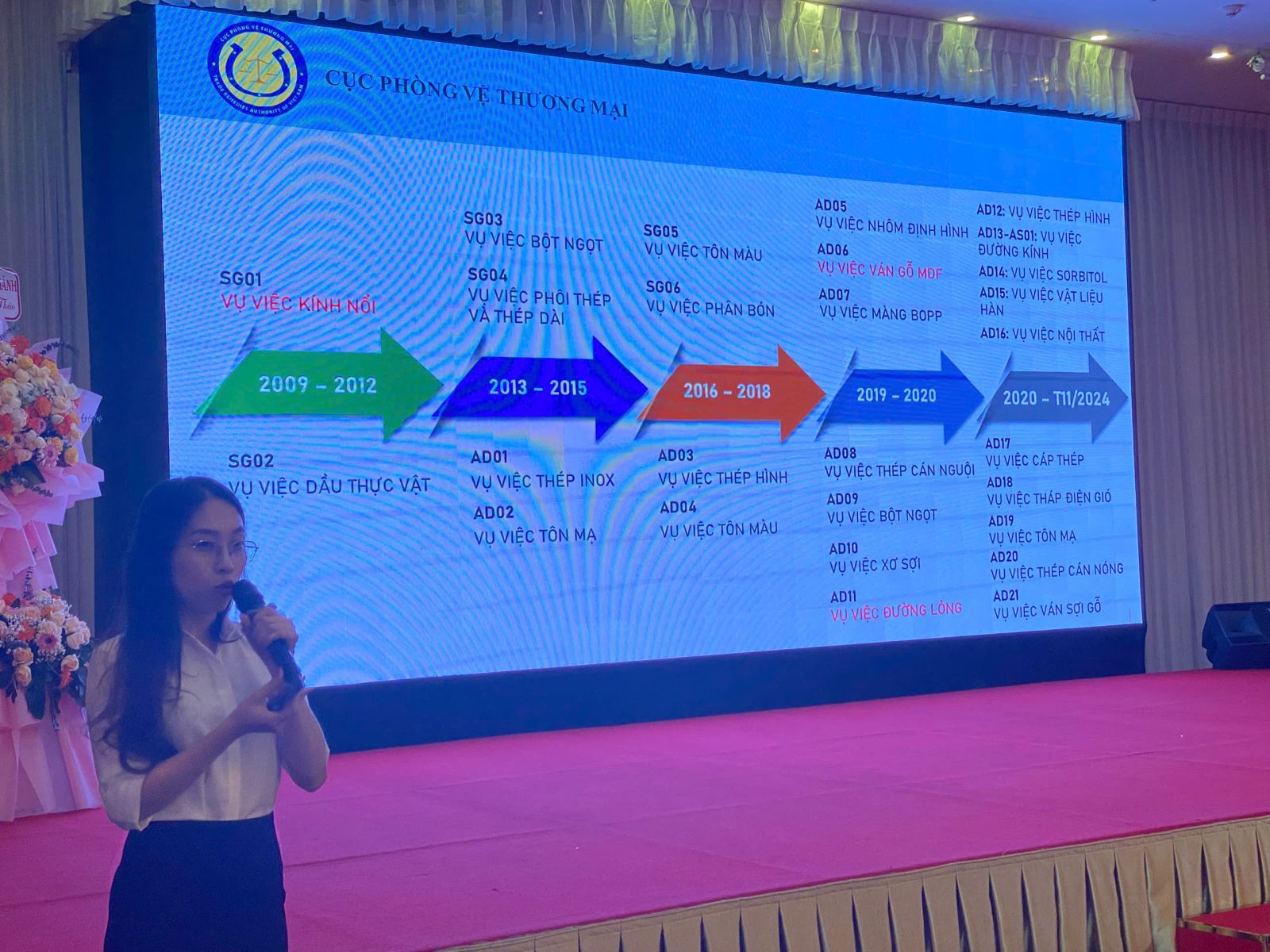
The workshop received the attention of delegates, especially enterprises and associations. The workshop was also an opportunity for enterprises, associations and state management agencies to discuss issues related to preventing evasion of trade remedies measures for currently applied products. Through the workshop, speakers also answered questions from domestic production and business organizations and individuals in order to research and proactively propose timely management measures suitable to the new situation.
